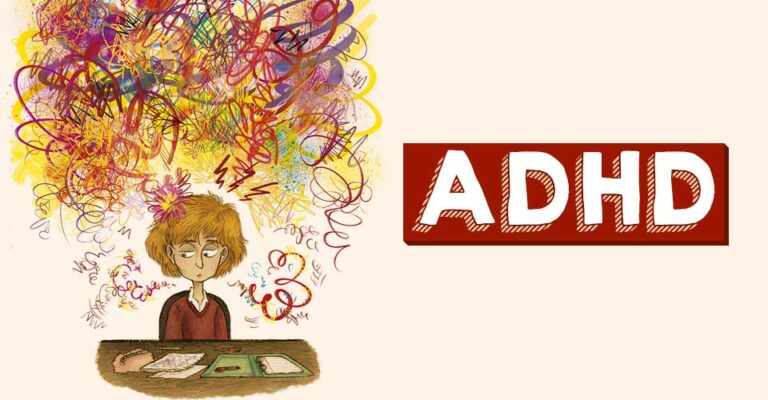Natural Nootropics for ADHD Symptoms
Evidence-based guide to natural supplements that may support ADHD management in the UK. This information is for educational purposes only - always consult your GP or specialist.
Key Takeaways
| Evidence Level | Supplements | Who It Helps | UK Safety Notes |
|---|---|---|---|
| Some Benefit | Omega-3 (EPA/DHA) | Those with low omega-3 levels | Food first - 2 portions fish/week. Discuss with GP if bleeding risks. |
| Promising Early Data | L-theanine (± caffeine) | Teens/adults needing calm focus | Avoid late-day caffeine. Check with GP if on stimulants. |
| If Deficient Only | Zinc, Iron, Magnesium, Vitamin D | Those with confirmed deficiencies | Test first. NHS limits: 400mg/day magnesium. Iron needs medical oversight. |
| Limited Evidence | Pycnogenol, Bacopa, Ginkgo | Only with clinical guidance | Ginkgo increases bleeding risk. Watch for interactions. |
| AVOID | DMAA, Yohimbine, Phenibut | Nobody - unsafe/illegal | UK regulators have banned/seized these substances. |

